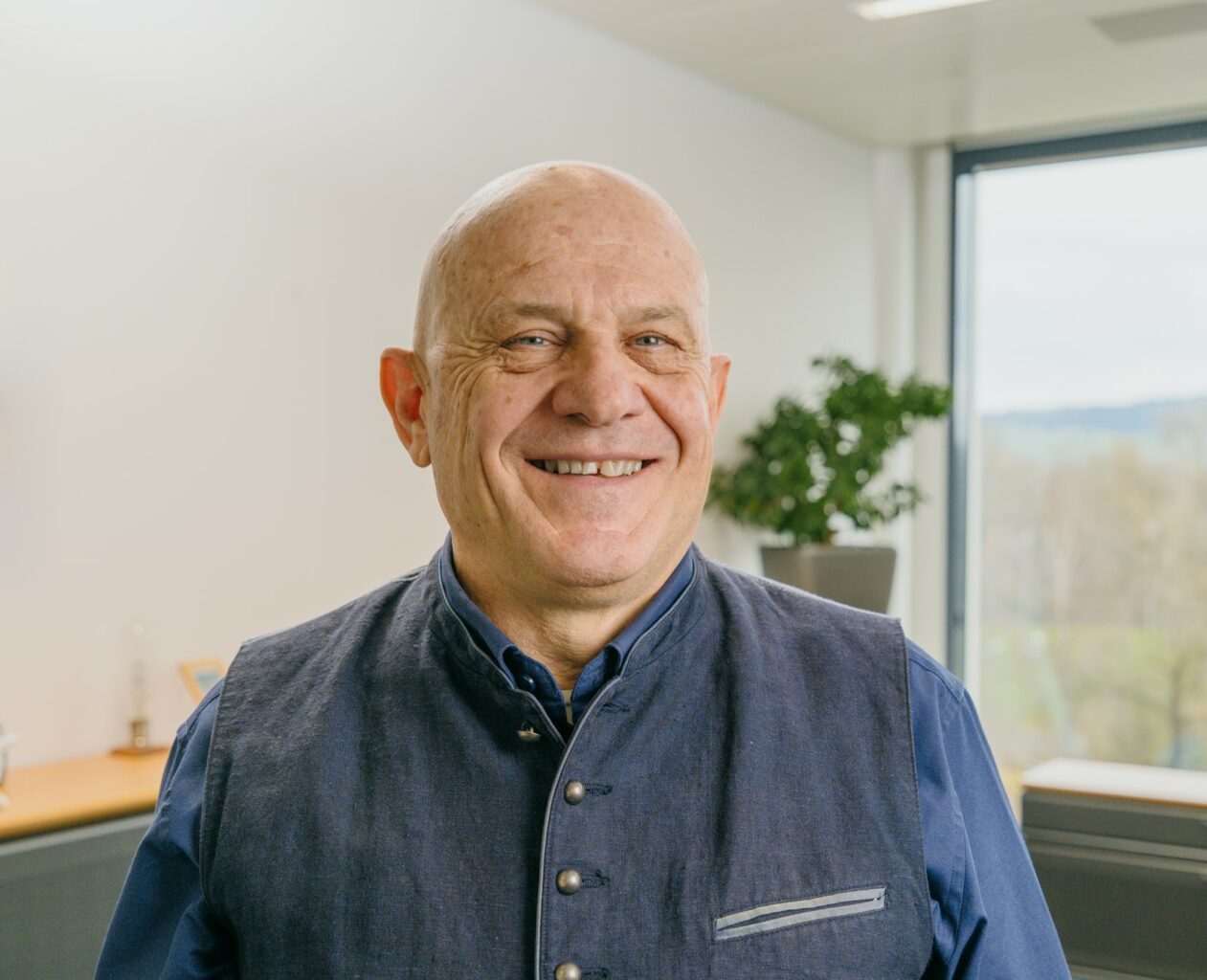
Die „Gov Pod“-Serie: Microsoft in der Regierung
Erfahren Sie, wie Cloud Computing, neue Technologien und Blockchain das Leben von Mitarbeitern und Bürgern verbessern können.


Jonas Huonder
Marketing Lead CMO, Microsoft Switzerland
The Elektrizitätswerke des Kantons Zürich (EKZ) is one of the largest energy companies in Switzerland and has a rich history since its founding in 1908. Technological developments have always been a key focus, as they are crucial for advancing the energy transition. Over the years, significant changes have occurred, from drawing plans with ink to now running central processes electronically and continuously exploring new possibilities for forward-looking technologies and tools.
Roberto Arrighi, a long-time expert and IT specialist, has been instrumental in many changes in the IT sector. He is responsible for EKZ’s network information system, which maps all above-ground and underground lines. As new information is regularly added, the underlying software must continuously grow and adapt. „Since EKZ has long relied on various Microsoft solutions, these and other systems in the company have naturally grown with the respective requirements,“ recalls Arrighi. „I first came into contact with Microsoft in 1987. Since then, we have been implementing projects step by step together.“
One of the most significant changes at EKZ is the transition from on-premises systems to the cloud, along with the introduction of Microsoft Azure Virtual Machine (AzureVM). The goal of this transition is to rebuild internal know-how and perform about 80% of tasks in-house rather than outsourcing them. Concepts and codes are to be written and implemented internally. „In this project, I repeatedly find that we need a lot of new knowledge because the transition to the cloud is extremely complex. Therefore, close collaboration is important so that the team can share knowledge,“ explains Arrighi.
The EKZ team regularly exchanges information with Microsoft to discuss the status quo and receive targeted support. In weekly updates, current tasks can be clarified, and potential bottlenecks identified. This way, the transition to the cloud is designed gradually and individually. „The collaboration is great. We benefit from Microsoft’s know-how, and I can fully rely on the team,“ concludes Arrighi.
EKZ benefits in multiple ways from this cloud strategy. Compared to on-premises solutions, working in the Microsoft Azure cloud is not only more cost-effective but also safer and easier to scale. „These performance improvements in the cloud are very exciting for me,“ says Arrighi. In previous projects, such as the transition to a new server generation, EKZ achieved significant productivity gains. For example, the duration of a data export was reduced from 24 hours to half the time. „This speed, whether with servers or the transition to the cloud, is becoming increasingly important. However, we must not forget the interpersonal aspect! You have to be able to talk to people. Only then can we learn from and with each other in the best possible way,“ notes the IT specialist.
During the transition to the cloud, employees are currently moving from the old Citrix environment to the Azure Virtual Desktop. But that’s not the only change, as Arrighi explains: „We have become very mobile. Every employee has their own laptop, and our systems are gradually being transferred to the Azure environment. In the coming years, everyone will come into contact with the cloud because applications will be accessed via the Virtual Desktop.“ To further build and solidify the necessary know-how internally, Roberto Arrighi gladly passes on his many years of experience with technological change at EKZ to his successors. This creates a solid foundation to continue driving the cloud strategy successfully as a team with the support of Microsoft. Roberto Arrighi is certain: „I will come back after my retirement in the next few years to see how the team has further developed the use of the cloud. It will definitely remain exciting and eventful!“
The move to the cloud with Microsoft Azure gives us more control and flexibility. Through close collaboration, we are strategically building internal know-how and laying the foundation for sustainable IT innovation.